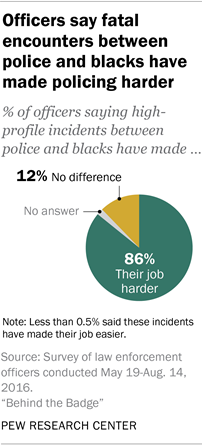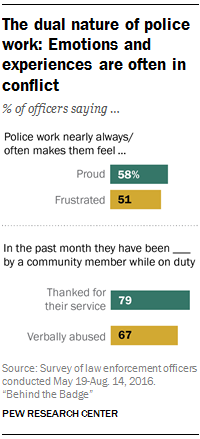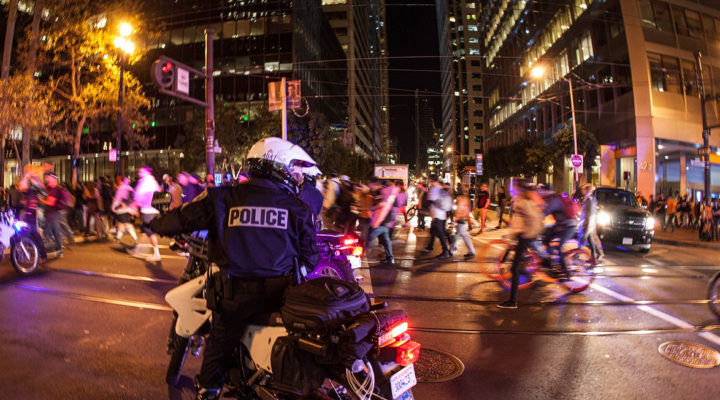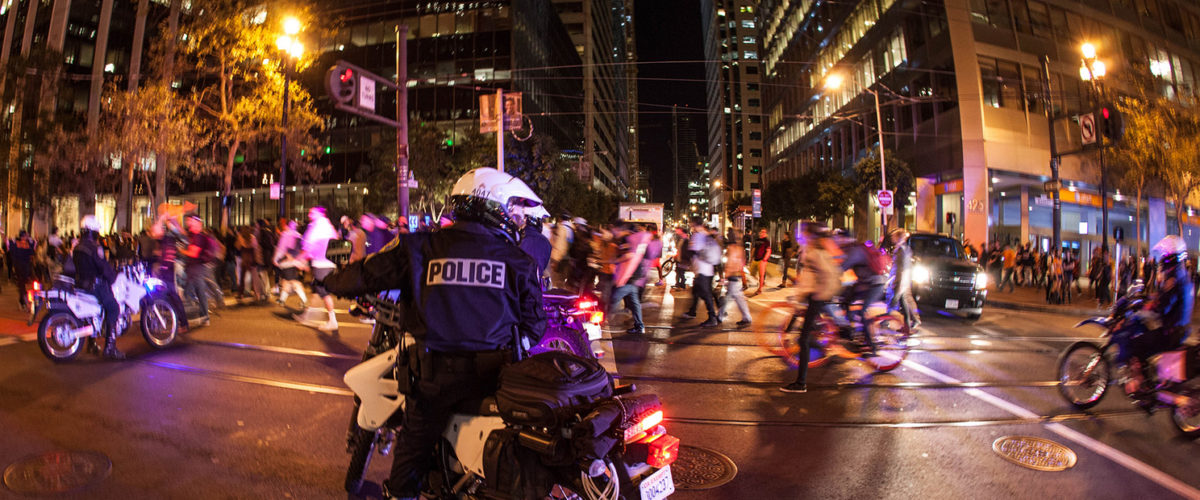Tommy Deal wept the day five police officers were gunned down in Dallas last summer.
Distraught, the Baptist minister jumped into his car in search of police to comfort — even though he was in Dalton, Ga., not Dallas.
Geography didn’t matter because he knew police officers, wherever they were, would be reeling from news of the Texas massacre that injured another nine officers.
“I started driving around to find officers who were patrolling just to reach out to them. I had prayer with the chief of police,” said Deal, a member of First Baptist Church in Dalton.
Deal speaks from experience as a long-time law enforcement chaplain who currently volunteers with the Dalton Police Department. He has also worked with police in Orlando, Fla.
Deal said some of the insights he’s gained on the job were borne out in a January Pew Research Center study about how police view their jobs in an era of protests over high-profile violence by law enforcement.
“Deadly encounters between police and black citizens in recent years have led to a vigorous debate across the U.S. over police conduct and methods,” Pew said.
The research agency wanted to know how that debate is affecting the attitudes and feelings officers have about their jobs, the public and protesters.
So it conducted a national survey of nearly 8,000 officers on topics about policing, including how they view their work, their experiences and how high-profile fatalities have affected the way they operate in the field.
 For starters, Pew said it found that a majority of officers, at 86 percent, said high-visibility conflicts between African Americans and police have made it harder to be in law enforcement.
For starters, Pew said it found that a majority of officers, at 86 percent, said high-visibility conflicts between African Americans and police have made it harder to be in law enforcement.
“Roughly nine-in-ten (93%) say officers in their department have become more concerned about their safety, while about three-quarters say that their colleagues are more reluctant to use force when appropriate or to stop and question people who seem suspicious,” Pew said.
Three-quarters of police surveyed said interactions between blacks and officers have intensified.
There are differences of opinion within law enforcement based on race.
“About seven-in-ten white officers (72%) say that the deaths of blacks during encounters with police are isolated incidents rather than signs of a broader problem,” Pew said in its report about the survey. “By contrast, 43% of black officers say these are isolated incidents, while 57% say they are signs of a broader problem.”
There also are differences by race regarding the motivation of protesters.
Pew found white officers are more skeptical of the protesters’ motives than black officers. It said that only 27 percent of white officers believe at least some of the motivation for protests is a “genuine desire to hold officers accountable for their actions.” The percentage is 69 percent among black police officers.
 Police say they have major concerns about their own safety, whether or not they have physically struggled with suspects. Most also lack confidence in their department’s disciplinary process, but do view its use-of-force rules as adequate.
Police say they have major concerns about their own safety, whether or not they have physically struggled with suspects. Most also lack confidence in their department’s disciplinary process, but do view its use-of-force rules as adequate.
A majority of officers also reported experiencing mixed emotions about policing.
Pew found that 58 percent say they “nearly always” feel proud about what they do, but just over half say their work also is frustrating.
“Officers also report that they encounter a range of reactions from the public,” Pew said.
Close to 80 percent said they have been thanked by a community member in the previous 30 days, while two-thirds said they had been verbally abused in the same time period.
About 55 percent reported having both experiences,” Pew said.
Knowing those emotions would be spiking the night of the Dallas shootings compelled him to visit as many officers that he could that night, Deal said.
“When they go through a difficult time, they need someone to turn to who understands what they go through,” he said.



